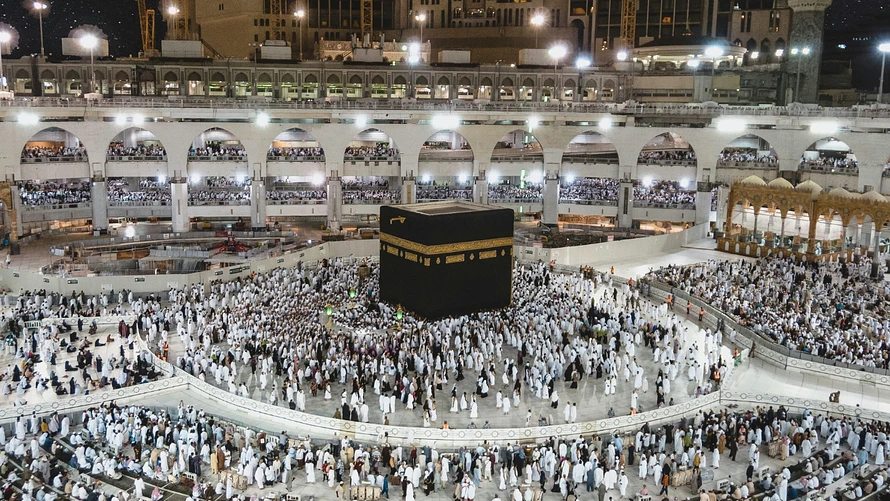What Is Eid al-Adha and Why Is It So Important?
Eid al-Adha, known as the Festival of Sacrifice, is one of the most significant and widely celebrated holidays in the Muslim world. It honors the story of Prophet Ibrahim’s unwavering faith and submission to Allah’s command. According to Islamic tradition, Ibrahim was tested by Allah when he was asked to sacrifice his beloved son. Despite the deep personal pain this demanded, Ibrahim was willing to comply because of his profound trust in Allah. In the end, Allah replaced his son with a ram, sparing his child and rewarding Ibrahim’s devotion.
This event is commemorated annually during the Islamic month of Dhu al-Hijjah, specifically on the 10th day, coinciding with the peak of the Hajj pilgrimage in Mecca. The timing of Eid al-Adha links it deeply with the spiritual journey of Hajj, where millions gather to reaffirm their faith and obedience to Allah.
The act of sacrifice during Eid, known as Qurbani, involves the ritual slaughtering of an animal such as a sheep, goat, cow, or camel. This sacrifice is more than just a tradition — it’s a powerful symbol of surrendering worldly attachments and demonstrating selflessness. Muslims believe that through this act, they grow closer to Allah and remind themselves of the importance of compassion and generosity.
Once the animal is sacrificed, its meat is divided into three parts: one-third for the family, one-third for friends and neighbors, and one-third for those in need. This distribution is fundamental because it encourages sharing blessings and supporting the less fortunate, strengthening social ties within the community.
Beyond the physical act of sacrifice, Eid al-Adha is a time for reflection and spiritual growth. It invites Muslims to consider what personal sacrifices they can make in their own lives — whether that means giving more generously, forgiving others, or dedicating more time to prayer and good deeds.
Families and communities come together during Eid al-Adha to pray, feast, and celebrate. It’s a time marked by joy and gratitude, as well as a renewal of faith and commitment to living according to Islamic principles.
In essence, Eid al-Adha is a reminder of faith, obedience, charity, and unity. It serves as a powerful opportunity to strengthen bonds with Allah, with family, and with the wider Muslim community around the world.
